Destiny Sober Living
Overview
Destiny Sober Living is an accredited mental health treatment center that provides inpatient treatment for men between 18 and 65+ years of age. As part of their special programs, Destiny Sober Living treats clients with co-occurring mental and substance use disorders, veterans, and criminal justice (other than dui/dwi)/forensic clients. To help patients achieve sobriety, Destiny Sober Living provides intake assessments. Afterward, patients receive individual psychotherapy, couples/family therapy, and cognitive behavioral therapy during treatment. Destiny Sober Living is located in Phoenix, Arizona, providing treatment for people in Maricopa County, accepting cash or self-payment, medicaid, and state-financed health insurance plan other than medicaid.
Destiny Sober Living at a Glance
Payment Options
- Cash or self-payment
- Medicaid
- State-financed health insurance plan other than Medicaid
- Private health insurance
- Federal, or any government funding for substance use treatment programs
Assessments
- Screening for tobacco use
- Outreach to persons in the community
- Screening for mental disorders
- Screening for substance use
- Complete medical history/physical exam
Age Groups
- Young adults
- Adults
- Seniors
Ancillary Services
- Assertive community treatment
- Case management service
- Court-ordered outpatient treatment
- Education services
- Family psychoeducation
Highlights About Destiny Sober Living
7.21/10
With an overall rating of 7.21/10, this facility has following balanced range of services. Alcohol Rehabilitation: 8.00/10, Drug Rehab and Detox: 6.31/10, Insurance and Payments: 6.00/10, Treatment Options: 8.55/10.-
Treatment Options 8.55
-
Alcohol Rehabilitation 8.00
-
Drug Rehab and Detox 6.31
-
Insurance and Payments 6.00
Accreditations
State mental health department:
State mental health department accreditation refers to the process of evaluating and certifying the quality and standards of a state's mental health department, ensuring that it provides high-quality services and meets specific criteria for mental health care. The accreditation process is performed by a third-party organization and helps to improve the overall care and treatment of individuals with mental health conditions.
State department of health:

Government agencies issue State Licenses, granting rehabilitation organizations permission to operate their businesses lawfully within specific geographic regions. The specific licenses needed for legal operation are typically determined by the type of rehabilitation program offered by the facility and its physical location.
Commission on Accreditation of Rehabilitation Facilities (CARF):

CARF accreditation is a prestigious recognition granted to rehabilitation and human service organizations. It signifies that an organization meets high-quality standards, having undergone a rigorous evaluation process. CARF accreditation boosts an organization's credibility and ensures top-notch care for individuals with disabilities, injuries, or healthcare needs.
Treatment At Destiny Sober Living
Treatment Conditions
- Mental health treatment
- Alcoholism
- Substance use treatment
- Co-occurring Disorders
Care Levels
- Hospital inpatient treatment
- Short-term residential
- Long-term residential
- Aftercare
Treatment Modalities
- Individual psychotherapy
- Couples/family therapy
- Cognitive behavioral therapy
- Dialectical behavior therapy
- Integrated Mental and Substance Use Disorder treatment
Ancillary Services
Additional Services
- Pharmacotherapies administered during treatment
- Mentoring/peer support
- Breathalyzer or blood alcohol testing
Special Programs
- Clients with co-occurring mental and substance use disorders
- Veterans
- Criminal justice (other than DUI/DWI)/Forensic clients
- Clients with HIV or AIDS
- Clients who have experienced trauma
Get Help Now
Common Questions About Destiny Sober Living
Contact Information
Other Facilities in Phoenix
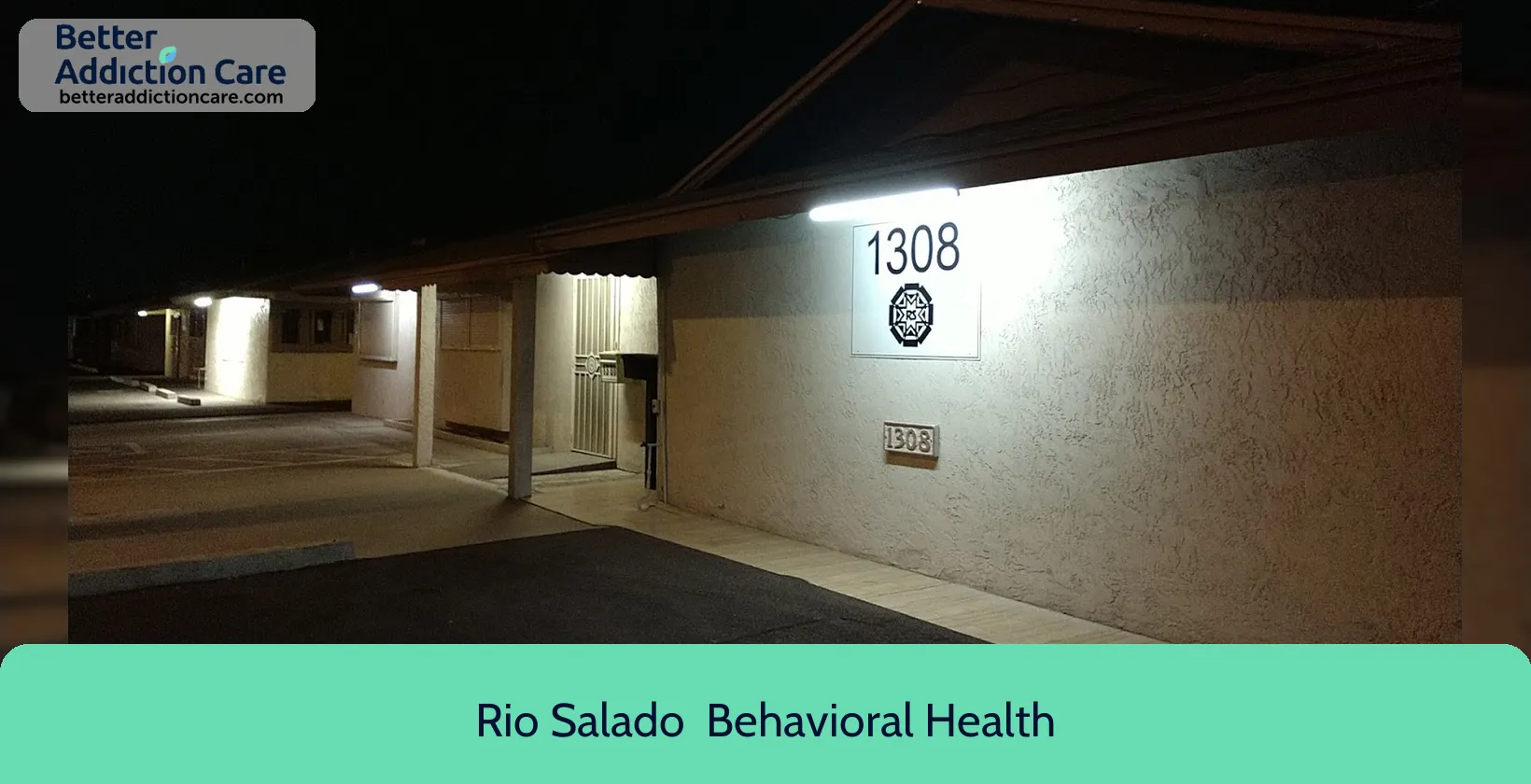
6.59
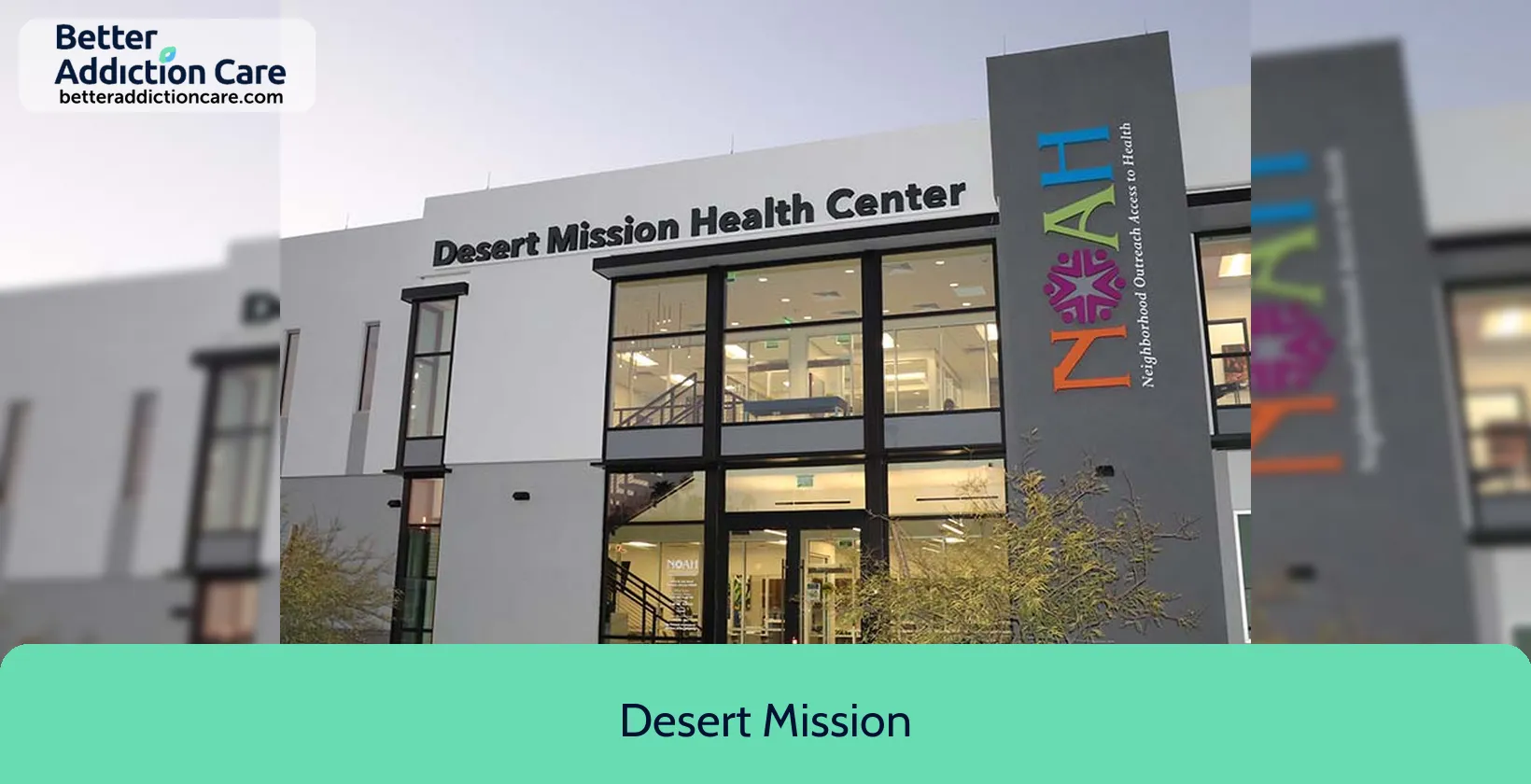
6.68

6.65
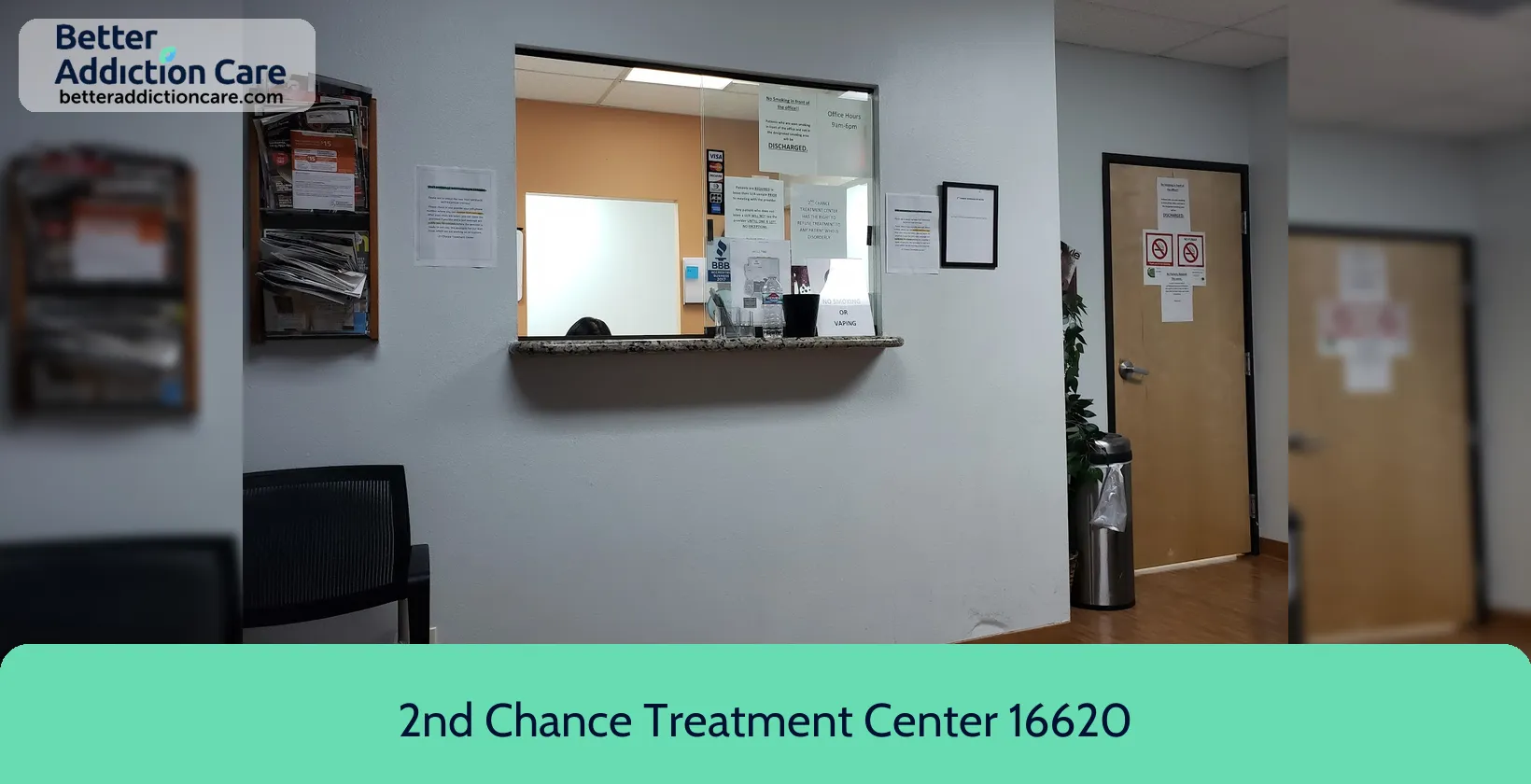
7.08
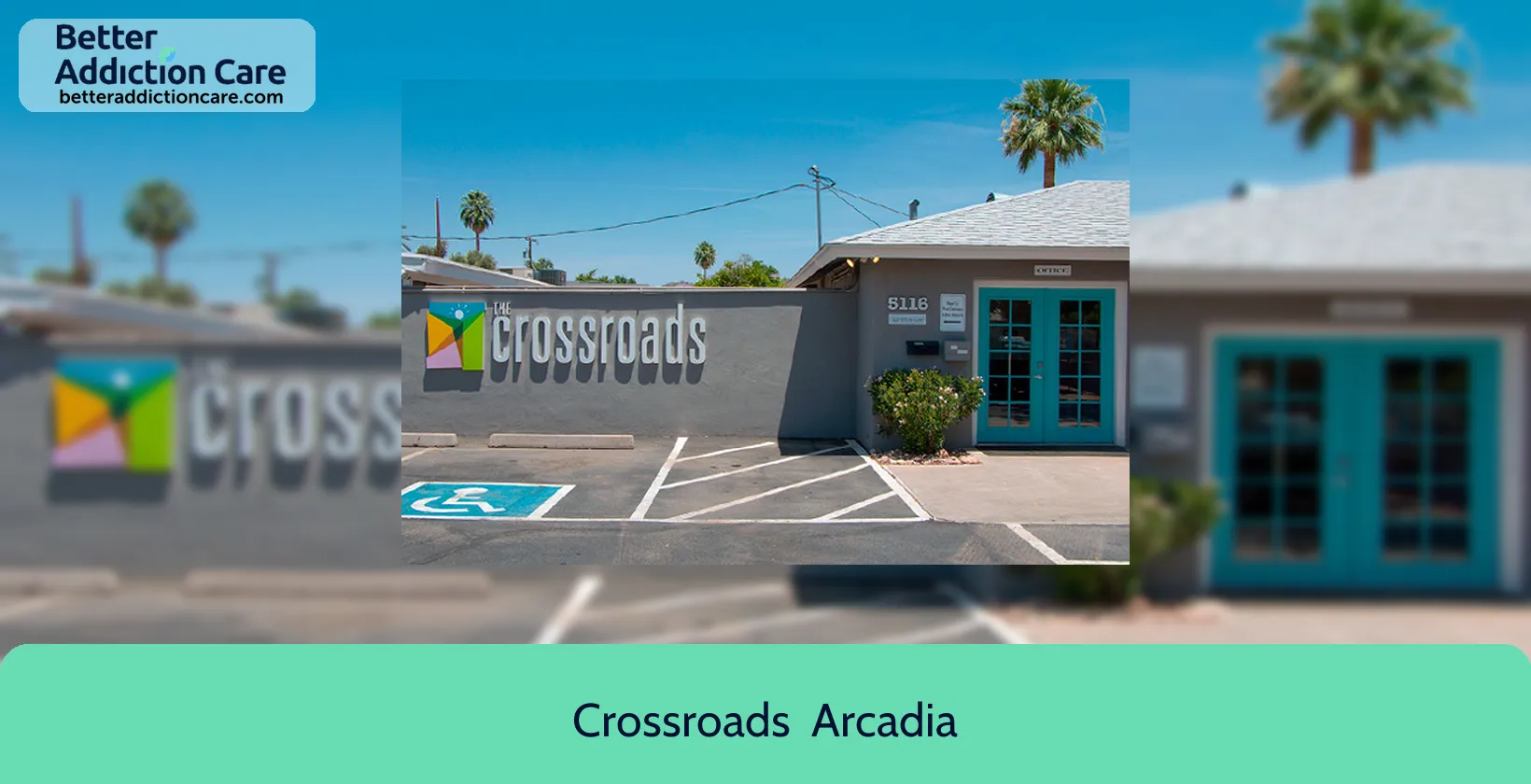
6.68
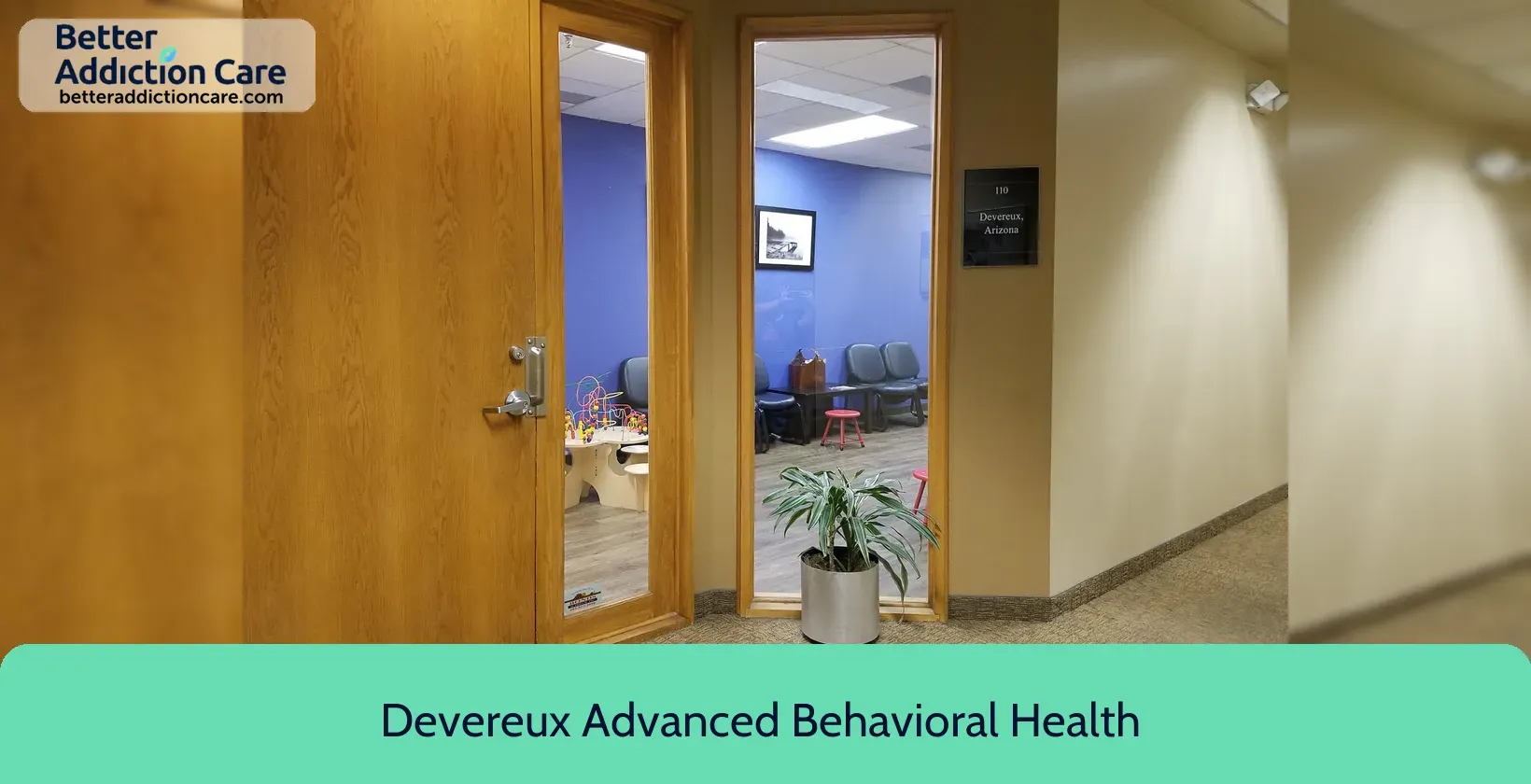
6.68
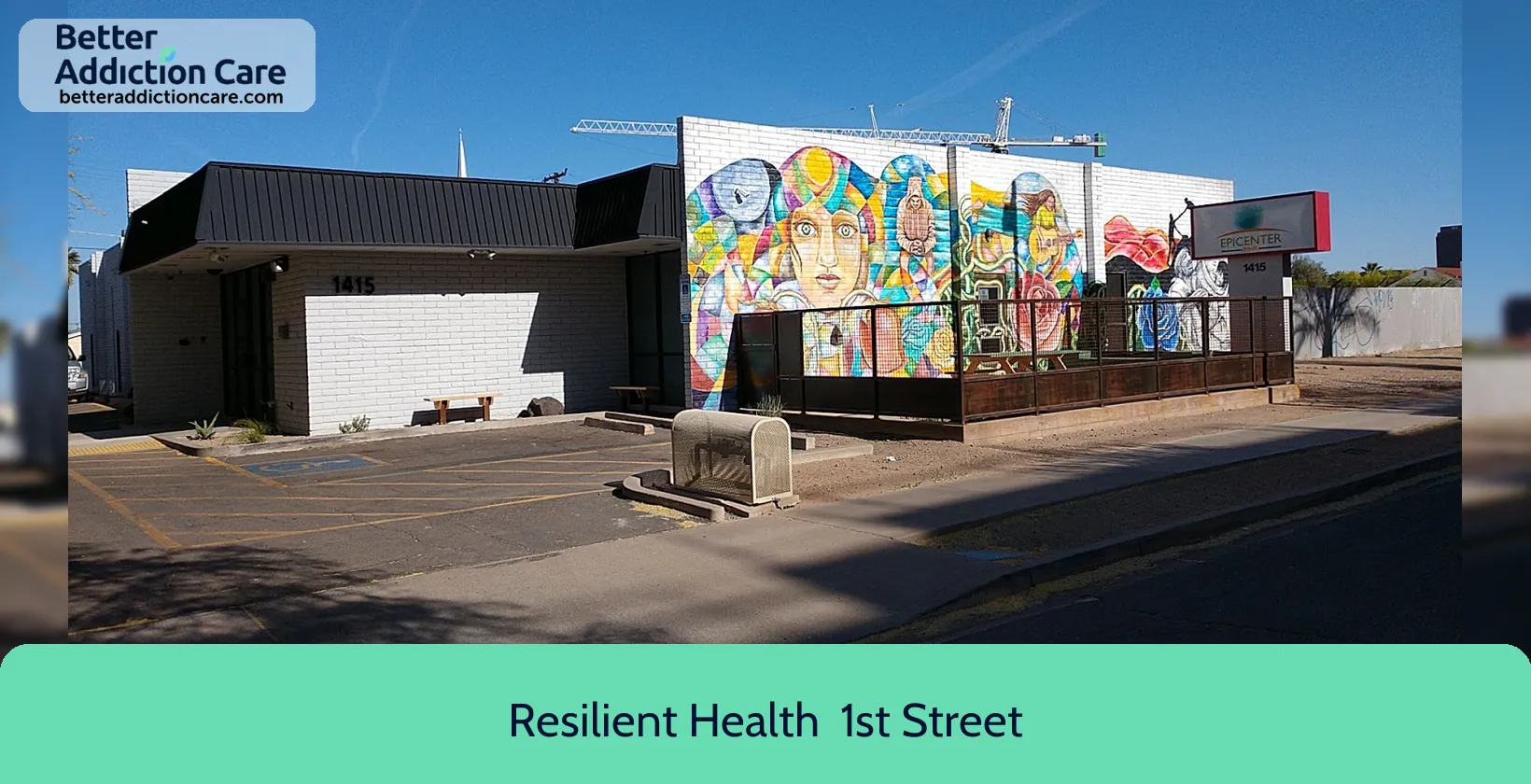
6.68

7.08
DISCLAIMER: The facility name, logo and brand are the property and registered trademarks of Lifewell Behavioral Wellness - Mitchell, and are being used for identification and informational purposes only. Use of these names, logos and brands shall not imply endorsement. BetterAddictionCare.com is not affiliated with or sponsored by Lifewell Behavioral Wellness - Mitchell.

